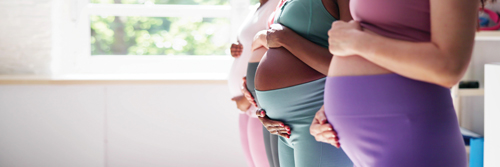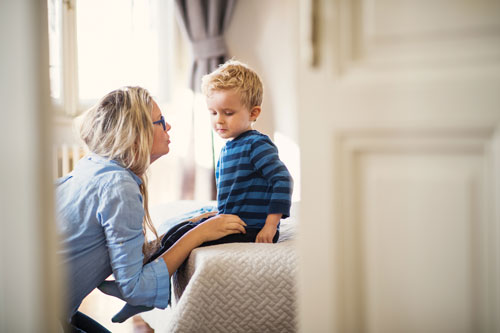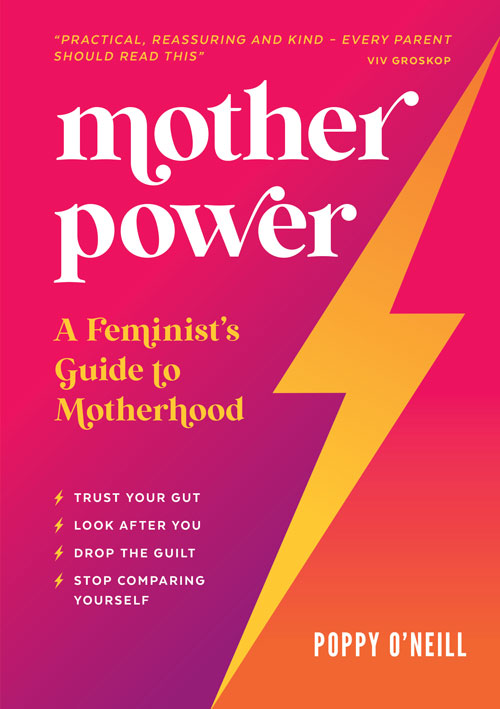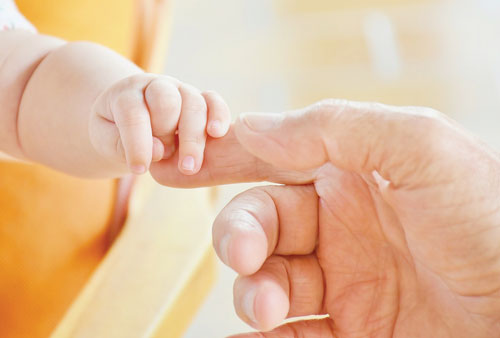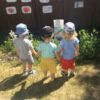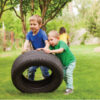
by Ben Murray
Dukes Education Group Ltd
As a parent of young children, nursery fees are often one of the most expensive outgoings of the household; in many cases as much as or more than rent or mortgage payments. The subject of funding for Early Years care and education seems to be a hot topic of conversation for many successive Governments. However, proposed significant changes in 2024 look to finally signal a package of benefits for parents paying for childcare, which better responds to the realities of this considerable cost. Although the reforms are not perfect, this year and next we should see eligibility extend to more families than ever and a saving in real terms on nursery fees. This, at a time where every other cost is increasing, can only mean a bit of relief for working families.
What does eligibility look like currently?
Some two year olds can get up to 15 hours of free childcare per week for 38 weeks of the year. This adds up to 570 hours over the year, however, for nurseries that are open for 51/52 weeks of the year that same number of hours can be ‘stretched’. In reality, this means that for nurseries that operate all year round, your child’s 15 hours of free childcare becomes more like just over 11 hours of free childcare each week. Current eligibility for funding for two year olds is linked to household income and generally applies if your household receives other forms of Government support.
The term ‘free’ has also been a topic of debate with the current levels of funding, as the Government contribution covers the cost of care in ratios of 1:4 for two year olds. Most nurseries will then charge parents an additional fee for elements of their proposition that extend above the staffing costs, such as meals, extracurricular activities, trips, clubs, consumables and supplies. These elements may otherwise be included in the full fee without funding.
All three and four year olds are entitled to 15 hours of free childcare each week for 38 weeks a year, which can be stretched, the same way as two year olds funding, depending on the childcare provider. You do not need to apply for this funding as registered nurseries will do so on your behalf and apply this to your nursery fee invoice.
In addition to this, eligible working families with three and four year olds can receive an extra 15 hours of funding, up to 30 hours of free childcare in total each week. Again, this is available over 38 weeks a year so may need to be stretched to cover your child’s place if attending a nursery all year round, meaning just over 22 hours of funded childcare can be used each week.
What proposed changes are coming into place in 2024?
From April 2024, the entitlement to 15 hours of free childcare for two year olds is expected to extend to include eligible working families, not just those that generally receive other forms of Government support.
The term ‘working families’ has attracted Government criticism due to the thresholds at which the funding applies. We currently understand this to be, working parents who individually earn more than £8,670 (from April 2023) but less than £100,000 per year are those that are eligible.
If you’re in a couple, the rules apply to both of you, so you must both earn at least £8,670 and neither one of you can earn more than £100,000. (Taken from https://educationhub.blog.gov.uk/2023/07/07/free-childcare-how-we-tackling-the-cost-of-childcare/)
This means that the accepted maximum household income to be eligible for the new funding is almost double if you are a two parent household, than that of a single parent household. Many high-profile voices within the Early Years sector are currently challenging the Government on this decision.
From September 2024, this same entitlement is proposed to apply to parents of children from nine months old, which is a huge step forward to support parents back to work and the first time that some of the youngest children have become eligible for funding.
The next phase of changes takes place in September 2025, where eligible working parents of all children over the age of nine months will be entitled to 30 hours of childcare each week.
Like the existing offer, depending on your provider these hours can be used over 38 weeks of the year or up to 51/52 weeks totalling 1,140 hours in the year.
Where can I check my eligibility?
The Government’s ‘Childcare Choices’ website features a handy calculator which details the exact level of support your family will receive, and how to access it. This can be found at www.childcarechoices.gov.uk and provides information on current and upcoming entitlements for 15 and 30 hours free childcare.
To support your application for 15 and 30 hours free childcare and access your unique code which you will need to claim the entitlement, you can enter your details at www.childcarechoices.gov.uk/how-to-apply-for-30-hours-childcare/ where the step-by-step guide will detail what you need to do.
Your chosen nursery should now be in a good place to provide details on the cost of childcare within the new entitlements, detailing the levels of funding that can be accessed as well as any additional charges.
It is important to remember that childcare providers may administer the funding in a variety of different ways which can sometimes make comparing nurseries on cost more difficult. The best way to do this will be to ask the setting for fees payable for a full-time place with and without funding, and a place for the exact amount of hours/days you require with and without funding. This will give you a much clearer picture about the actual fees you will be paying each month and how the nursery has applied the 15 or 30 hours entitlements.
To discuss early years funding at our nurseries in Sussex and to book a tour, please contact your chosen setting directly. For Reflections Nursery and Forest School in Worthing, call 01903 251518 or visit www.reflectionsnurseries.co.uk. For Hove Village nurseries in Brighton and Hove, call 01273 037449 or visit www.hovevillage.com
To discuss early years funding at Riverside Nursery Schools in Surrey and to book a tour, please call 020 3475 0455 or visit www.riversidenurseryschools.com


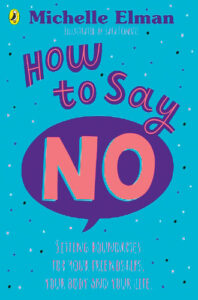 isten when their siblings say no to them entering their room. Emphasising that we also want to respect other people’s boundaries and giving them the language around boundaries is also really helpful. A boundary might not always sound like the word “no”, it can be “That doesn’t work for me”, or “I don’t like the sound of that,” and when you understand that this is someone conveying their boundaries, not only do they have phrases to listen out for but they have the same phrases they can use themselves.
isten when their siblings say no to them entering their room. Emphasising that we also want to respect other people’s boundaries and giving them the language around boundaries is also really helpful. A boundary might not always sound like the word “no”, it can be “That doesn’t work for me”, or “I don’t like the sound of that,” and when you understand that this is someone conveying their boundaries, not only do they have phrases to listen out for but they have the same phrases they can use themselves.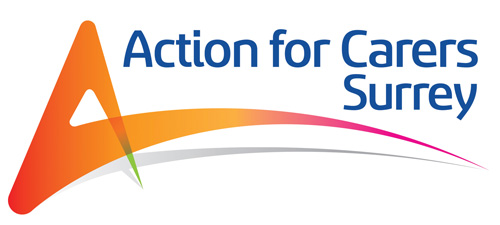
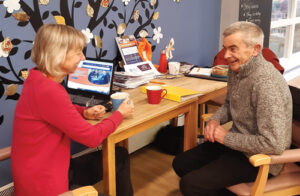 Although it can be rewarding, and deepen relationships, caring can also be extremely hard, and will often affect someone practically, socially, emotionally, and financially.
Although it can be rewarding, and deepen relationships, caring can also be extremely hard, and will often affect someone practically, socially, emotionally, and financially.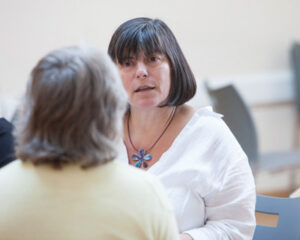 Your employment rights
Your employment rights